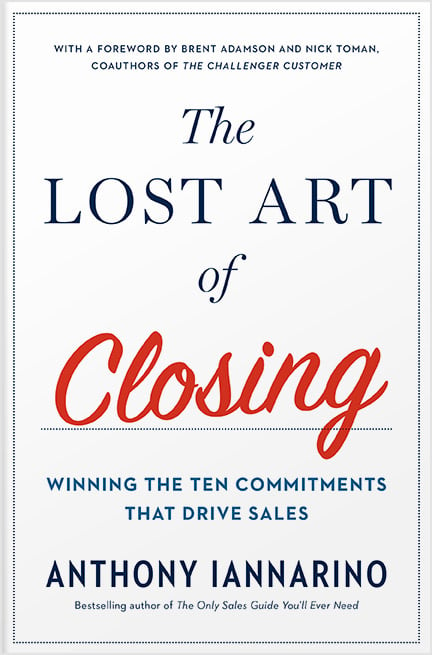Your dream client answers the phone, and it feel like progress. They ask you a few questions about your company and what you do, and they sound interested. At the end of the call, they ask you to try them back in 6 months.
You have a great first meeting with another dream client. They describe the challenges they are experiencing, and they suggest they need to make changes. At the end of the meeting, they tell you they will call you back in a couple weeks to reconvene.
You get all the way through the sales process, and everything seems to be on track and well on the way to a won deal. After your final presentation, your dream client tells you they are going to talk it over with their team, and they’ll get back to you with next steps as soon as they discuss their decision.
A lot of things your dream client says may sound positive, even when it is something less. It’s not likely that your dream client really wants you to call them back after you did enough discovery to establish yourself as a commodity. They’re mostly being polite as a way to make it easier to hang up the phone.
The offer to call you back eliminates you asking for a meeting, and it allows your dream client to control the process, in this case, ending the process where it stands now, which is nowhere. If you counted up all the weeks you have waited for your prospective clients to get back with you, the average number would be closer to fifty weeks than two.
At the end of the process, the meeting to talk things over with their team is a strong indication your dream client and her team still has unresolved concerns (see The Lost Art of Closing: Winning the 10 Commitments That Drive Sales).
No more pushy sales tactics. The Lost Art of Closing shows you how to proactively lead your customer and close your sales.
Those concerns would be more easily resolved with a subject matter expert than a group of people who don’t make the decision they are being asked to make often enough to know how best to make it, especially when the decision is important. Left with their fears and concerns, they often postpone the decision, retaining the status quo.








.jpg?width=768&height=994&name=salescall-planner-ebook-v3-1-cover%20(1).jpg)


